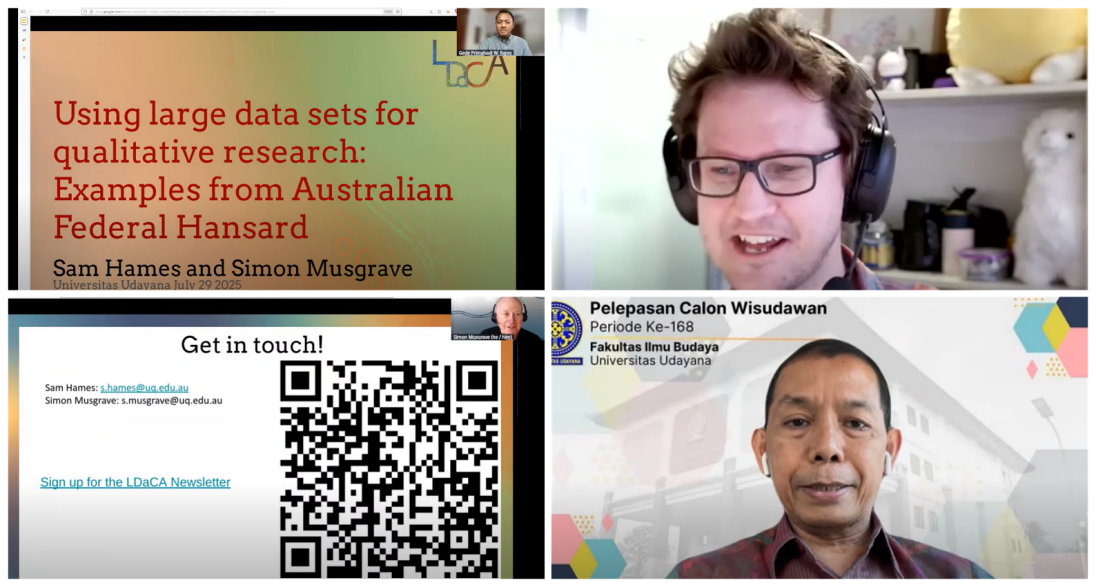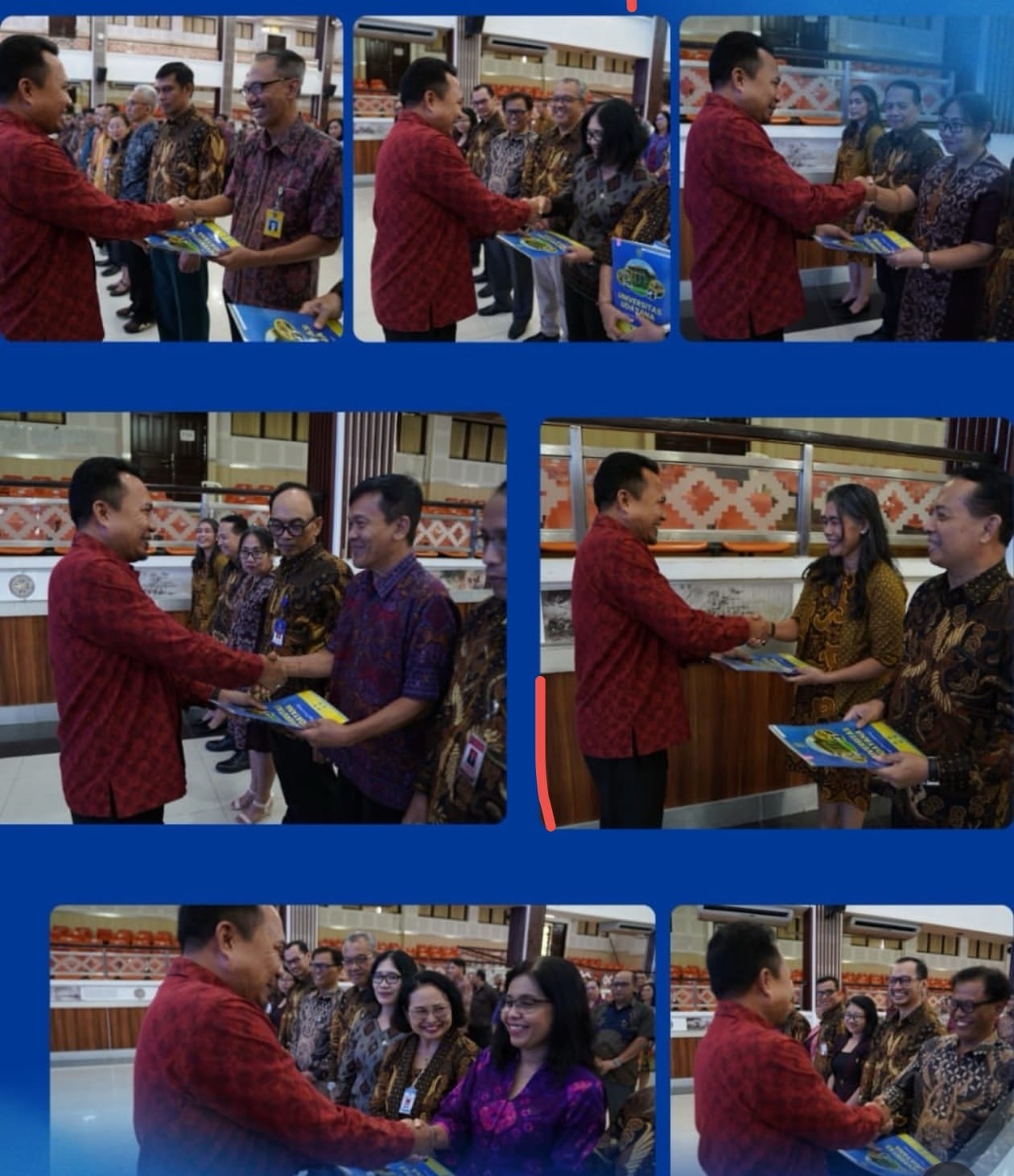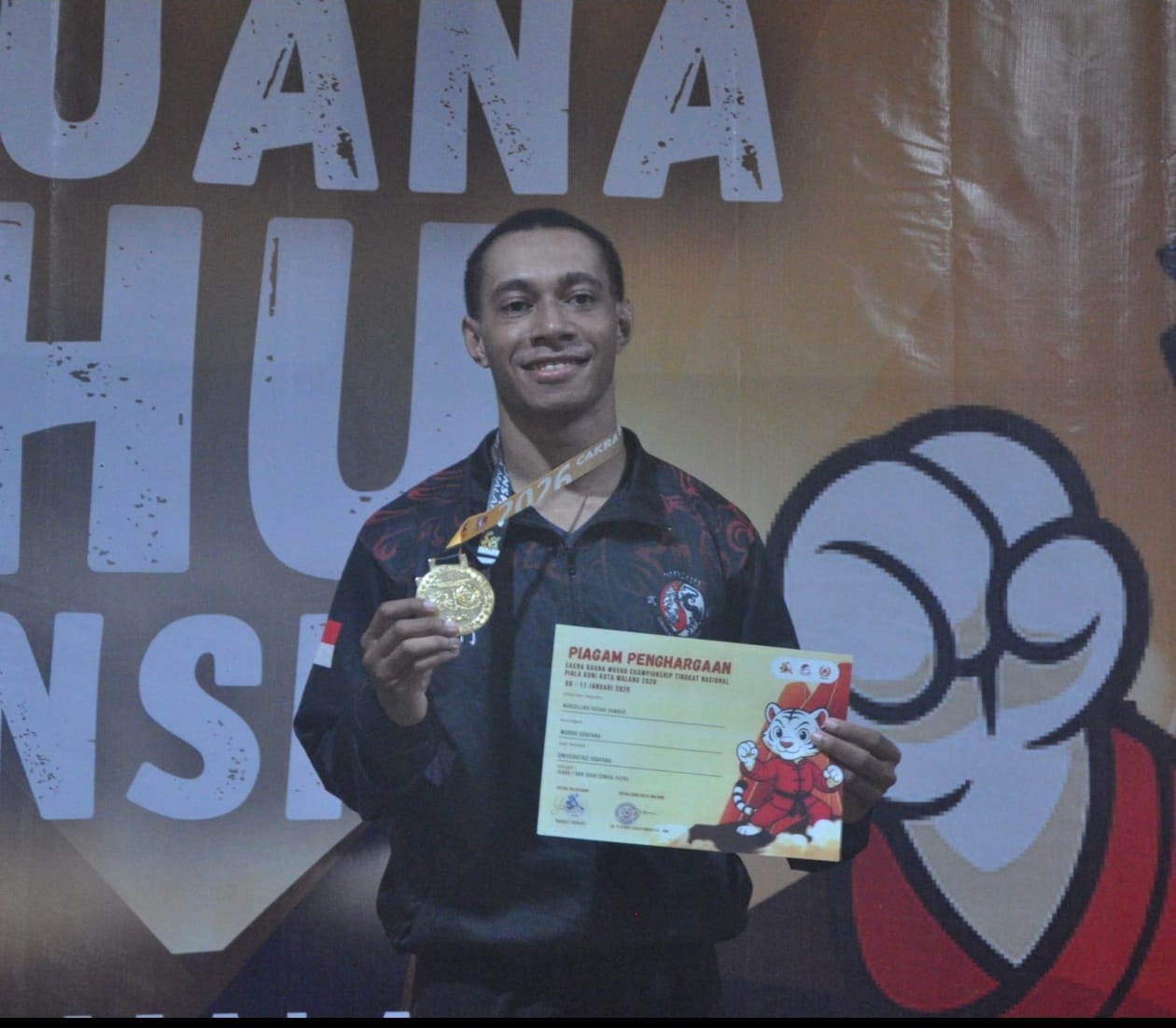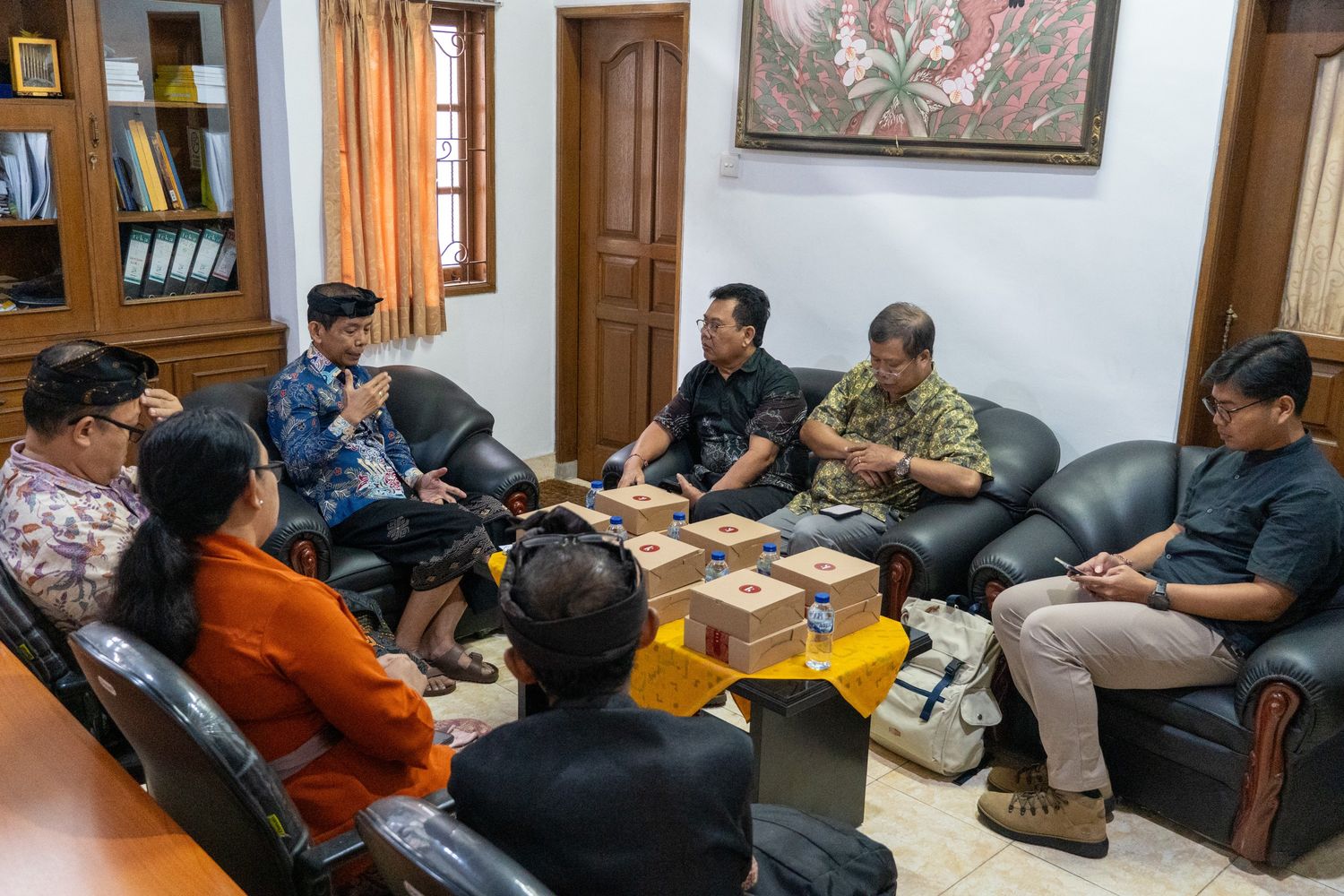Faculty of Humanities, Udayana University, held the 7th FIB DigiTalk 2025, Discussing the Topic of Parliamentary Language Analysis and The Use of Big Data for Qualitative Studies.
The Faculty of Humanities, Udayana University (FIB Unud) held its 7th online FIB DigiTalk on Tuesday, July 29, 2025. The event was held online via Zoom Meeting. The seventh FIB DigiTalk featured the topic "Using Large Data Sets for Qualitative Research: Examples from the Australian Federal Hansard." This event was a collaboration between FIB Unud and the Center for Interdisciplinary Research on the Humanities and Social Sciences (CIRHSS), aiming to develop Digital Humanities within the Faculty. The audience included lecturers and students from various levels, including students from the Linguistics Study Program, FIB Unud's Doctoral Program.
The event began with an opening remark by the Dean of FIB Unud, Prof. I Nyoman Aryawibawa, S.S., M.A., Ph.D., who expressed his appreciation to all parties involved in organizing the event. He emphasized that the theme was highly relevant to the research direction at the faculty, which has traditionally used a predominantly qualitative approach. He hopes that the material presented by the resource person regarding the use of large data sets for qualitative studies can provide inspiration in the preparation and development of digital humanities at the Faculty of Cultural Sciences, Udayana University.
The event was moderated by Gede Primahadi Wijaya Rajeg, Ph.D., who introduced the two speakers in his opening remarks: Dr. Simon Musgrave and Dr. Sam Hames. Dr. Simon Musgrave is an expert in linguistics and digital humanities from the University of Queensland, Australia. He is also currently responsible for supporting research and training for the Language Data Commons Australia project and serves as Engagement and Partnership Manager. Dr. Sam Hames holds a Ph.D. in biomedical engineering and is currently a research fellow in computational humanities at the same institution.
In his presentation, Dr. Simon Musgrave explained their research project, which focuses on analyzing unparliamentary language appearing in transcripts of Australian parliamentary speeches. They examined how terms like "gutless" and racist remarks are categorized and debated in legislative forums as pragmatic violations. The metapragmatic approach employed emphasized understanding how such language is assessed from social and institutional perspectives, such as the presiding officer's decision to deem such speech inappropriate.
Meanwhile, Dr. Sam Hames went on to outline the technical details of the project, which leveraged a massive data corpus. The dataset analyzed consisted of recordings and transcripts of court sessions spanning over 15,000 days, with nearly 1.8 million speeches and 920 million words, making it impossible to analyze manually. They used computational techniques such as word clustering to more efficiently filter, group, and analyze the context of the speech. This technique enabled in-depth quantitative and qualitative analysis to interpret the massive data.
Furthermore, the speakers presented several examples related to the development of unparliamentary language, such as how accusations of racism have gradually begun to be categorized as pragmatic violations in parliament. This change is evident not only in the frequency of word occurrences, but also in debates about language standards in legislative forums. Through pragmatic analysis, it was found that parliamentarians possess a high level of metalinguistic awareness in assessing, rejecting, and defending controversial statements.
The discussion session then turned to questions related to the text analysis tools used in the project. The speakers explained that they have developed several analysis tools accessible online through the Australian Text Analytics Platform and the Language Data Analysis Laboratory. These tools are designed to support other researchers in processing large data corpuses, detecting citations, and comparing documents efficiently. The event concluded with an online certificate presentation to the two speakers and a group photo session with all participants (sakura).




UDAYANA UNIVERSITY